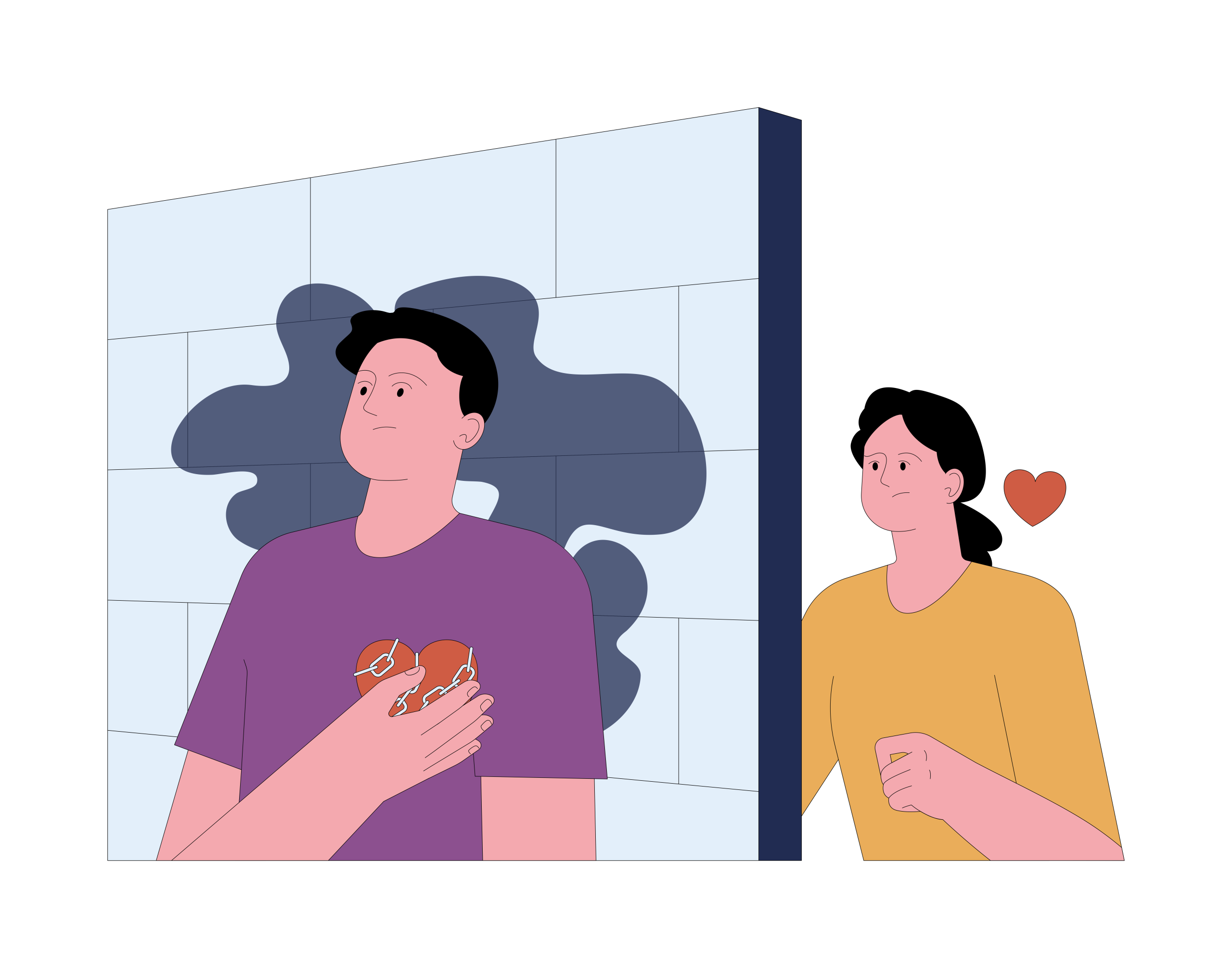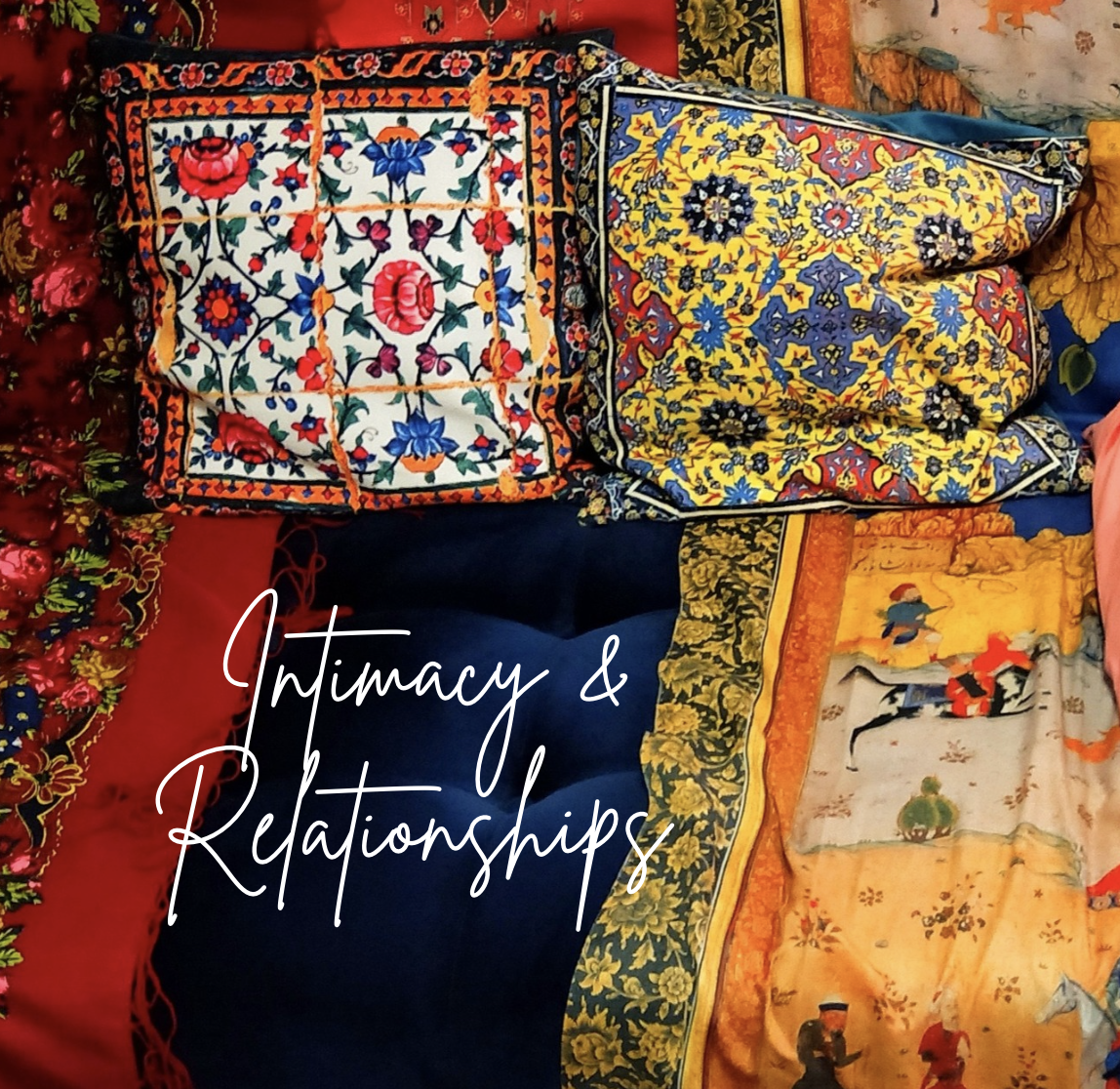Many people seek out therapy when something is going wrong in their relationships. It might be a partner who suddenly becomes distant. Or a marriage that’s lost its sense of connection, despite partners trying hard. Some people come in alone, confused by how things fell apart. Others arrive together, mid-crisis, hoping to fix what feels broken. At the centre of it all, there is usually a question: Why is this happening?
In psychoanalytic therapy, we work with this question. We take it seriously, because we know that when it comes to love, sex, and commitment, the reasons behind people’s distress are rarely simple.
What Brings People to Individual Therapy
The decision to seek help often comes after something intense like an affair is discovered, betrayal, a breakup happens, someone feels they are no longer seen or heard in the relationship. Other times, the problem is less dramatic but just as painful: months of silence, growing irritability, the slow drift apart. In couples, one person might accuse the other of shutting down or “not being emotional enough,” while the other feels overwhelmed by demands they don’t know how to interpret what the other wants.
It’s not unusual for people to come in feeling like they’re repeating a pattern. “I always end up with someone who doesn’t love me back,” one person might say. Or, “As soon as I get close to someone, I pull away.” Psychotherapy in Melbourne takes these questions seriously, not as labels or diagnoses, but as clues, signs that something unresolved from the past is playing out in the present.
The Hidden Struggles Behind Love

One of the most difficult aspects of intimate relationships is that each person brings their own way of loving and being loved. No two people want exactly the same thing from a relationship, and often we don’t even know what we want ourselves. We may think we want closeness, but when it comes, we feel trapped. Or we say we want honesty, but feel hurt when it’s given.
These contradictions aren’t flaws, they’re part of what it means to be a speaking being. In psychoanalysis, we pay attention to the gap between what someone says they want and what their actions say. That gap is often the space where pain lives, where misunderstandings are born, and where desires don’t quite line up.
Many breakdowns in relationships come from this impossible misalignment: one partner feels their needs are ignored, while the other feels burdened by constant pressure to give. One partner longs for physical intimacy, while the other feels anxious or disconnected from their own body. There might be a constant sense of not being “enough” for the other, or a fear of being abandoned if one speaks their mind about their desires.
Why Romantic Relationships Don’t Work?

Sometimes relationships don’t work because people are not looking for a real person to love – they are looking for someone to complete a picture in their mind. They may want the other to fill a gap or calm a deep unease that they themselves don’t fully understand. This can lead to a lot of confusion and hurt.
From a psychoanalytic perspective, one of the reasons things fall apart is because each person brings their own history, wounds, and fantasies into the relationship. What often happens especially early on is that someone thinks they’ve “found the one,” but what they’ve really found is someone who fits an idealised image or idea they’ve held for a long time. It’s not love of the other person as they truly are, it’s love of an idea. As time passes, the real person begins to appear, and often they don’t match the imaginary image. That’s when disappointment, anger, or withdrawal sets in.
For men, this gap between fantasy and reality can be especially complex. Some men may expect a woman to hold their sense of value together for them, to admire them, to give them purpose, or to mirror back their strength. When the woman doesn’t do this, or when she wants to be known for herself rather than supporting this image, the man may become confused or even threatened. He may pull away, become defensive, or look elsewhere for reassurance.
Sometimes, men also want women to be both everything and nothing: to be present but not demanding, to be caring but not confrontational, to offer love without asking too many questions. These impossible demands can create deep tension. The woman might feel she can never get it right, while the man feels increasingly misunderstood. Neither person is able to speak freely, and both feel stuck in roles that no longer serve them.
What psychoanalytic therapy offers is a space to unravel this confusion. Therapy offers the chance to speak honestly and to hear oneself in a new way. Over time, this can help someone notice the deeper patterns behind their relationship struggles: Why do I keep choosing the same kind of partner? Why do I always feel like I’m not enough—or too much—for the other person? Why do I sabotage love when I finally have it?
Understanding these questions takes time. It’s not always easy, and it’s not meant to be fixed in one or two sessions. But it can lead to meaningful changes—not only in who we choose to love, but in how we love and how we let ourselves be loved.
This works…
Psychoanalysis in Melbourne offers a space where you can begin to speak about these difficulties differently. Not with blame, not to assign fault, but to discover something about yourself and the ways you are caught in these painful loops.
I listen in a way that opens up your speech, and sometimes we discover that what we are looking for in a partner is something we never received as children. Or that we’re seeking a kind of reassurance that no other person can fully give. These realisations can be painful but they are also freeing. Because once something that was impossible before is put into words, it no longer controls us in the same way.
Love Relationships are Difficult But a Psychoanalyst in Melbourne Can Help
Psychoanalytic therapy is ongoing and longer term. We meet 2-3 sessions weekly, sometimes more. You come regularly, not just when you feel like it or when there’s a crisis. The fee is part of this structure; an anchor that holds the therapy in place. It’s not simply a transaction, but a sign that you are committing to a process, to your own work.
This regularity matters. It allows something to build slowly. Trust. A sense of rhythm. And most importantly, a space where speaking is taken seriously, not just the facts of what happened, but the deeper movements of your own desire, fears, contradictions.
If you’re ready to take this journey, working with a compassionate and experienced psychologist in Melbourne can help you see relationships—not only with others, but with yourself—more clearly.
